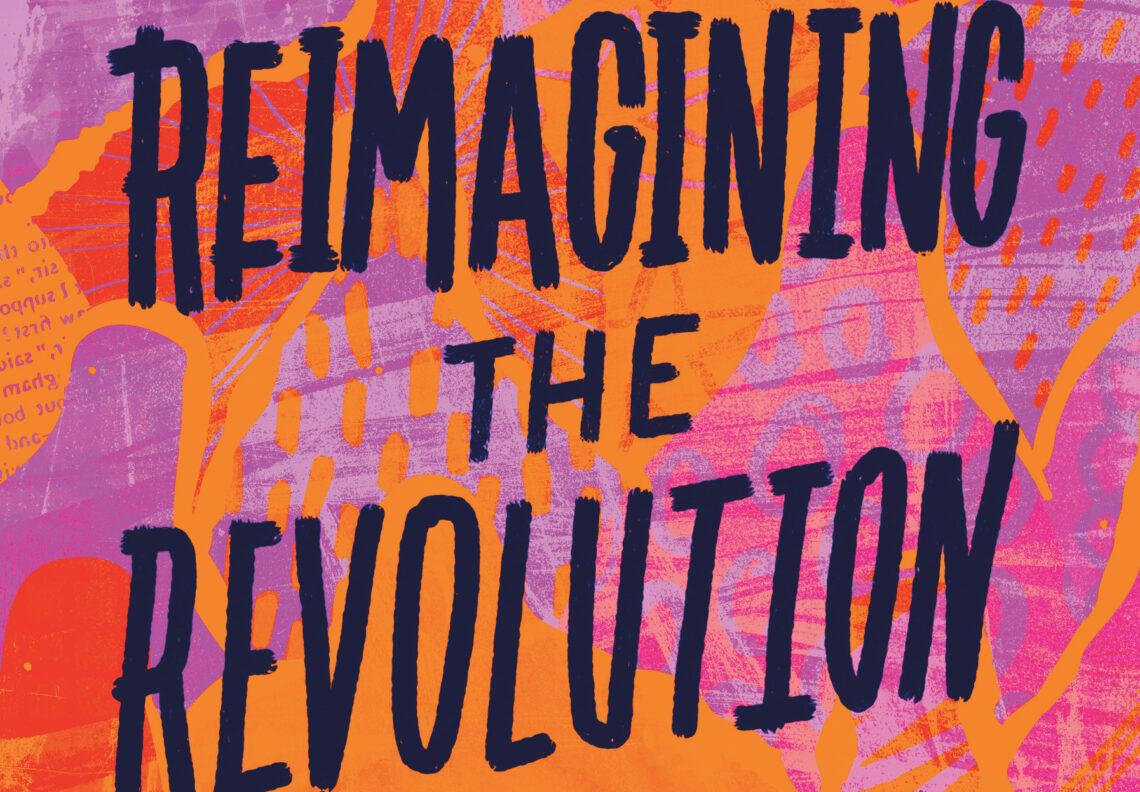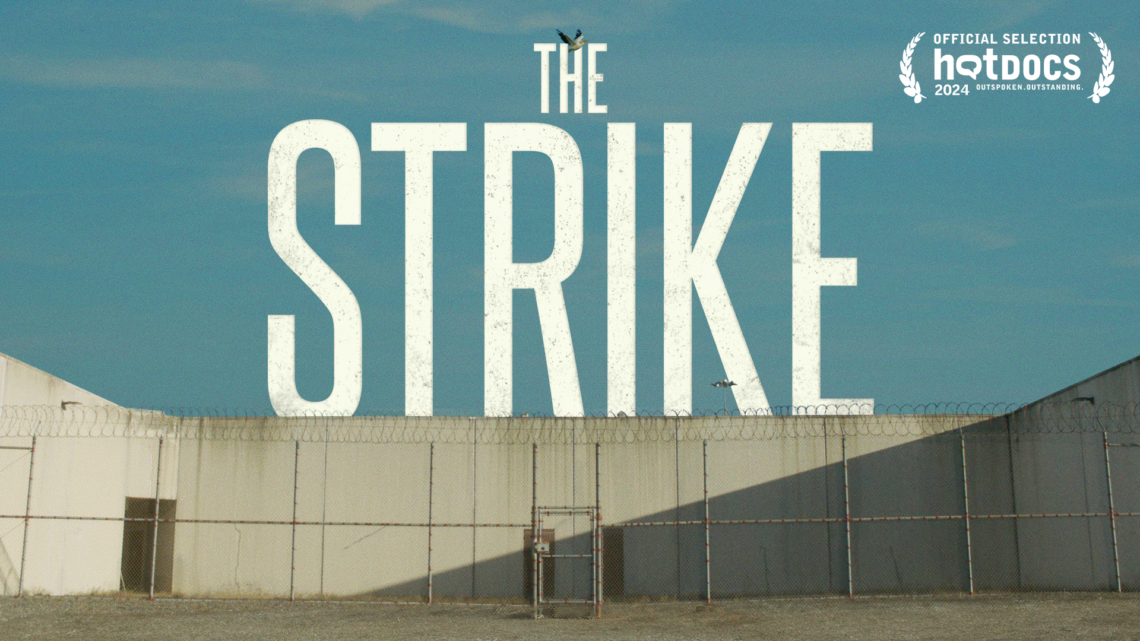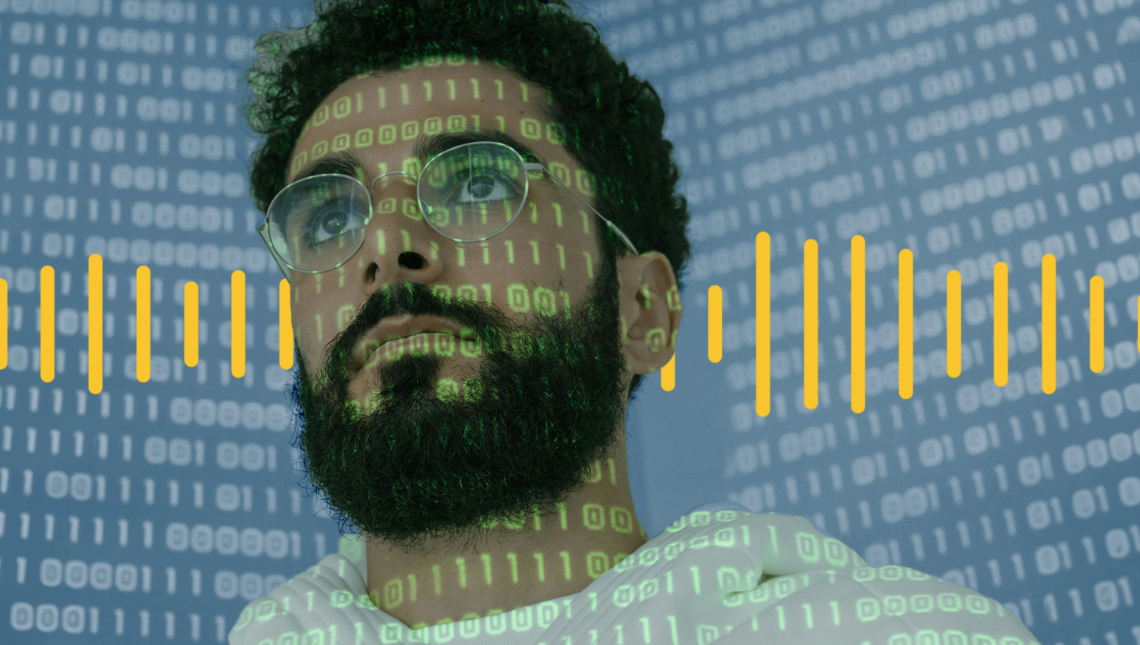
From left to right Ari Sen, Katie Licari-Kozak and Freddy Brewster (all ’22). Photo by Kathryn Styer Martínez (’23).
On March 16, the Society of Professional Journalists’ Northern California chapter honored students Ari Sen, Freddy Brewster and Katie Licari-Kozak, lecturer Jim Wheaton and alumna Sukey Lewis at the 37th annual James Madison Freedom of Information Awards.
Jim Wheaton was honored with the Norwin S. Yoffie Career Achievement award. A founder of the Environmental Law Foundation, co-founder of the Oakland-based First Amendment Project, former member of the Freedom of Information Committee and now professor of media law at UC Berkeley’s and Stanford’s journalism schools, Wheaton also has twice received a James Madison Award as Legal Counsel.
“I am honored and humbled by this award,” Wheaton said. “First, I am informed this is only the second time
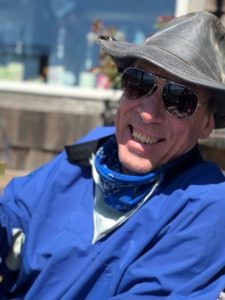
Jim Wheaton
the Society of Professional Journalists has given this award to a non-journalist. Second, Norwin Yoffie, former publisher of the Marin Independent Journal, was my first First Amendment client. Norwin launched me on a 30-plus-year career of fighting for free speech and free press. So he bookends my legal career and makes this award just a little more special for me.”
Ari Sen (‘22) was recognized for Data Visualization for a story published during a 2021 internship at The Dallas Morning News about hundreds of Texas school districts using technology to spy on students’ social media, email accounts and digital communications without their knowledge.
“I first came across one of the technologies, Social Sentinel, when I was an undergrad at UNC-Chapel Hill,” Sen said. “I had requested a bunch of documents related to protests that were going on about a Confederate statue on campus, and the public records office denied me. So I decided that I would instead ask for everything everyone else had asked for already, which turned out to be dozens of requests and thousands of pages.”
Buried in those pages were a contract and emails showing police had surveilled protestors at the statue, a story Sen realized would be big.
He covered the story first for NBC News, where Sen was an intern in 2019. Then —as part of Professor David Barstow’s investigative reporting class and with the help of 2021 J-School graduate Brett Simpson — Sen took it to The Morning News, which asked Sen to localize the story for Texas.
“This turned out to be a really good move,” Sen said. “Upon doing some reporting, it turned out that Texas was sort of a mecca for these school surveillance technologies.”
“There’s no way this story could have been done without the support of a ton of people: David Barstow, who has been an incredible adviser for this reporting; Simpson, who really guided this project in the beginning and is now a fantastic journalist in her own right; Peter Aldhous, who provided data help as well as lots of topical knowledge and documents related to Social Sentinel, which he had previously investigated; my colleagues at the News, and particularly Lauren McGaughy, who pointed me in the right direction when it came time to start investigating Texas’ politicians; and my editor Karisa King, who sat through a lot of my incoherent and anxious ramblings about this story and never failed to believe in me and it,” Sen said.
Freddy Brewster and Katie Licari-Kozak (‘22) won the Student Journalist award for investigative reporting for CalMatters that revealed holes in the California Office of Election Cybersecurity’s misinformation tracker.
Brewster said that when he heard while reporting on the 2020 election that the OEC had a database, “alarm bells started to go off in my head.” He questioned the official about the name of the database and how long it had been running, getting enough information to make a specific request. “It was a pleasant conversation and very informative, but once we hung up the phone, I started compiling the public record request and sent it in,” Brewster said.
He and Licari-Kozak then dug through the database and reached out to those listed in the misinformation tracker, some of whom were surprised to find themselves on it.
“We uncovered that the secretary of state’s office had a backdoor to social media companies to remove posts,” Licari-Kozak said. “We also uncovered a system of misinformation spread in political dossiers and partisan news outlets.”
Brewster said they found an “alarming trend” among those in power to censor comments they considered inaccurate or misleading. “We as journalists should always be extremely skeptical when the government partners with some of the most powerful companies in the world to work on our behalf,” he said.
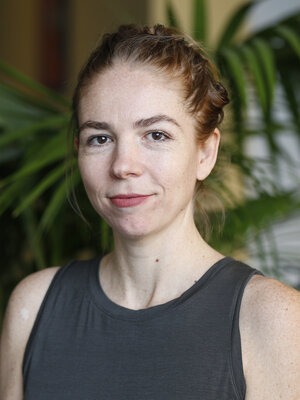
Sukey Lewis
Sukey Lewis (‘15), a criminal justice reporter at KQED and co-founder of the California Reporting Project, and her colleague Sandhya Dirks were recognized for their “On Our Watch” podcast, which focuses on police misconduct and the hurdle reporters have to jump to get access to police records.
“While I had covered policing before, there were always these unanswered questions: What happened to officers accused of misconduct? How well did departments investigate their own?” Lewis said. “When the police transparency law SB 1421 passed in 2018, it marked a real sea change. My colleagues and I knew we might finally get the answers to some of those questions about the system of police accountability.” Understanding the system, Lewis said, was crucial to be able to address corruption, racism and abuse of power in that system.”
“I just really hope that those who listen to the podcast come away with a deeper understanding of the incentives baked into the police internal affairs system that work against accountability and make us all less safe,” Lewis said.
Geeta Anand, dean of Berkeley Journalism was particularly delighted to see three current students and a long-time instructor honored by the SPJ. “Awards are just one indicator of success, but they do serve to encourage people and their commitment to finding out and reporting the truth deserves celebrating.”
Attorney Sam Ferguson and the watchdog group Oakland Privacy were honored for Advocacy for compelling the Oakland Police Department to reform its public records process to reduce delays and make records promptly available. Their class action lawsuit represented journalists facing burdensome wait times, including alum Brian Krans (‘18), health correspondent at The Oaklandside.
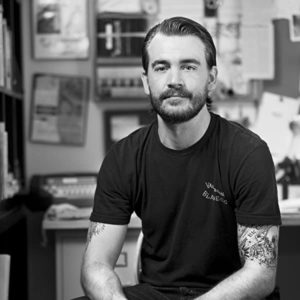
Brian Krans
“At the start of this case, I realized that the Oakland Police Department had never given me a single page of a document I requested, going all the way back to when I was making requests as a first-year J-school student in 2016. I was far from alone,” Krans said. “I joined the lawsuit not only as a reporter seeking records, but also as the victim of a violent crime.”
The suit has already impacted the pace of records inquiries. The OPD has cleared over 4,000 of its public records requests since the initial filing of the lawsuit in 2020.
The Society of Professional Journalists is a journalistic organization dedicated to transparency, ethics, professional development and the integrity of the First Amendment. The Northern California chapter supports journalists living and working throughout the region and honors journalists twice a year, with Excellence in Journalism Awards in the fall and the James Madison Freedom of Information Awards in the spring.
Upcoming Events
Dean's Newsletter
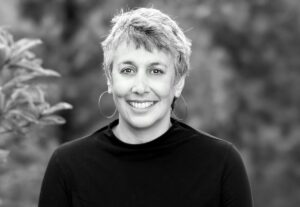
March 27, 2024
Quarterly Newsletter From Dean Geeta Anand
Spring 2024 Dear Berkeley Journalism community: With great optimism about the future of our school, I share with you news of the largest gift in the history of Berkeley Journalism:…

Quarterly Newsletter from Dean Geeta Anand
June 15, 2023
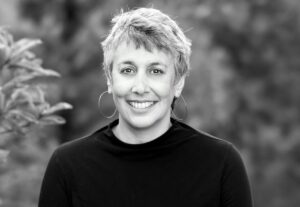
Quarterly Newsletter From Dean Geeta Anand
November 30, 2022

